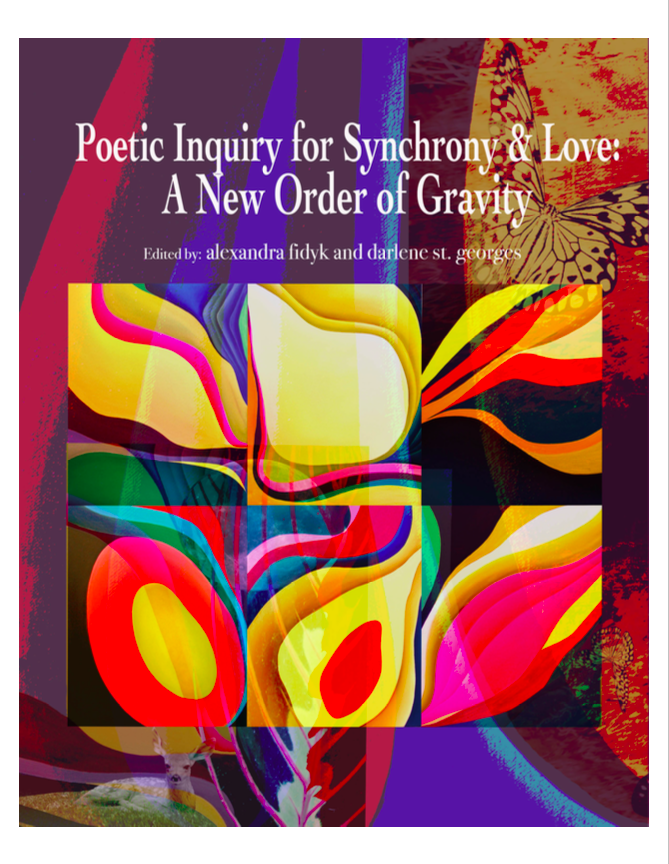Exiled Poetics
Glück, Darwish, and A Transnational Edenic Imagination
DOI:
https://doi.org/10.18432/ari29676Keywords:
poetics, transnational poetics, Edenic imagination, poetic inquiry, Darwish, GlückAbstract
Taking up the writings of Louise Glück and Mahmoud Darwish, this essay (re)searches the place and potential of a transnational, Edenic imagination as a vision of belonging amidst the alienation of modern life. Where a transnational poetics rejects ossified borders and boundaries, seeking porosity and imaginative possibilities that work across, around, through, and in-between, an Edenic imagination embraces a consciousness that simultaneously holds holy memory alongside longing for transcendence; so too do these ways of reading and seeing refract in the art-making I attempt as I seek the invisible web of connective, human tissue present in the poetic renderings of Eden by Glück and Darwish. As forces of modernity, colonization, and globalization maim and sever, a transnational, Edenic imagination gives language and location to our thirst for sacred inhabitance. As a method of inquiry, such a reading invites both researcher and reader to dwell in the liminal space of poetics.
Guided by the poetic explorations of Eden and exile by Glück and Darwish, I work to consider how poetry itself becomes a hybrid site of belonging. The hope is that, through a deep (re)reading of the verses in which Glück and Darwish employ Eden as a metaphor, poetic inquiry might provide a way for us to more fully traverse categories of life, death, time, longing, space, and culture, exploring the complex matrices of our human experience and pursuit of home.
Downloads
Published
How to Cite
Issue
Section
License
Copyright (c) 2022 Megan Davis

This work is licensed under a Creative Commons Attribution-NonCommercial-NoDerivatives 4.0 International License.
Authors who publish with Art/Research International agree to the following terms:
a. Authors retain copyright and grant the journal right of first publication and the right to sublicense the Contribution, in the form in which it is published by the journal, to others under the terms and conditions of the of the Creative Commons Attribution-NonCommercial-NoDerivs (CC BY-NC-ND) that allows others to download the work and share the work with others with an acknowledgement of the work's authorship and initial publication in this journal, but they cannot change the work in any way or use any part of the work commercially.
b. Authors are able to enter into separate, additional contractual arrangements for the non-exclusive public distribution and display of the journal's published version of the work (e.g., post it to an institutional repository or publish it in a book), with an acknowledgement of its initial publication in this journal.
c. Authors are permitted and encouraged to post their work online (e.g., in institutional repositories or on their website) prior to and during the submission process, as it can lead to productive exchanges, as well as earlier and greater citation of published work (See The Effect of Open Access).
d. Authors wishing to include items (such as images or other media, or any creative works of others whether previously published or not) must contact the original copyright holder to obtain explicit permission to publish these items in Art/Research International. Writing permission should include: the title(s) of any copyrighted work, original place of publication if applicable, and an acknowledgement of having read Art/Research International's copyright notice. Authors are responsible for obtaining this permission and keeping it in their own records for later verification.



